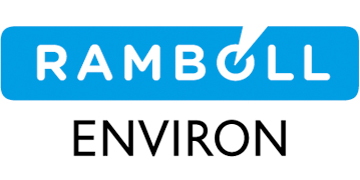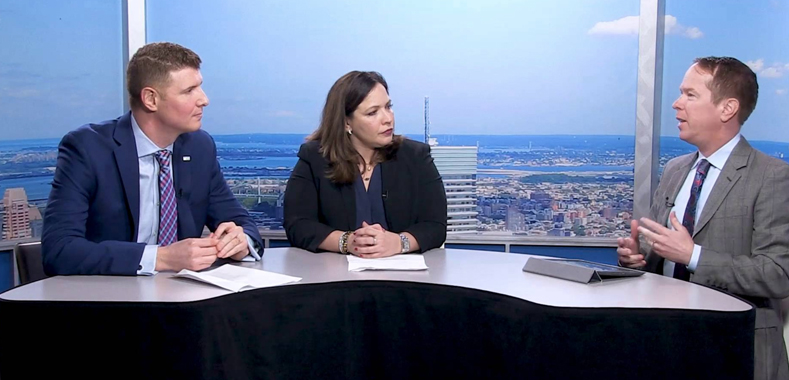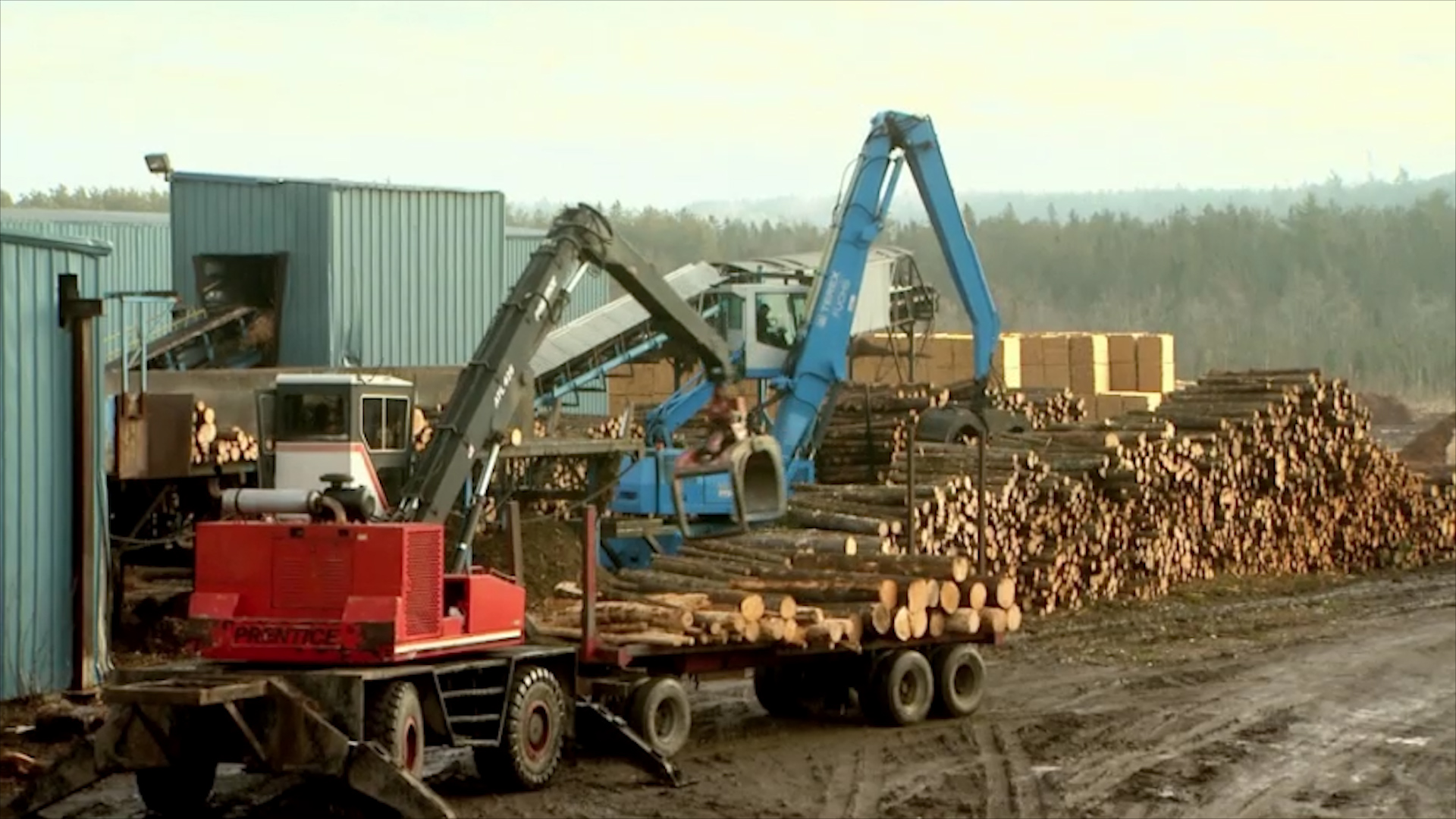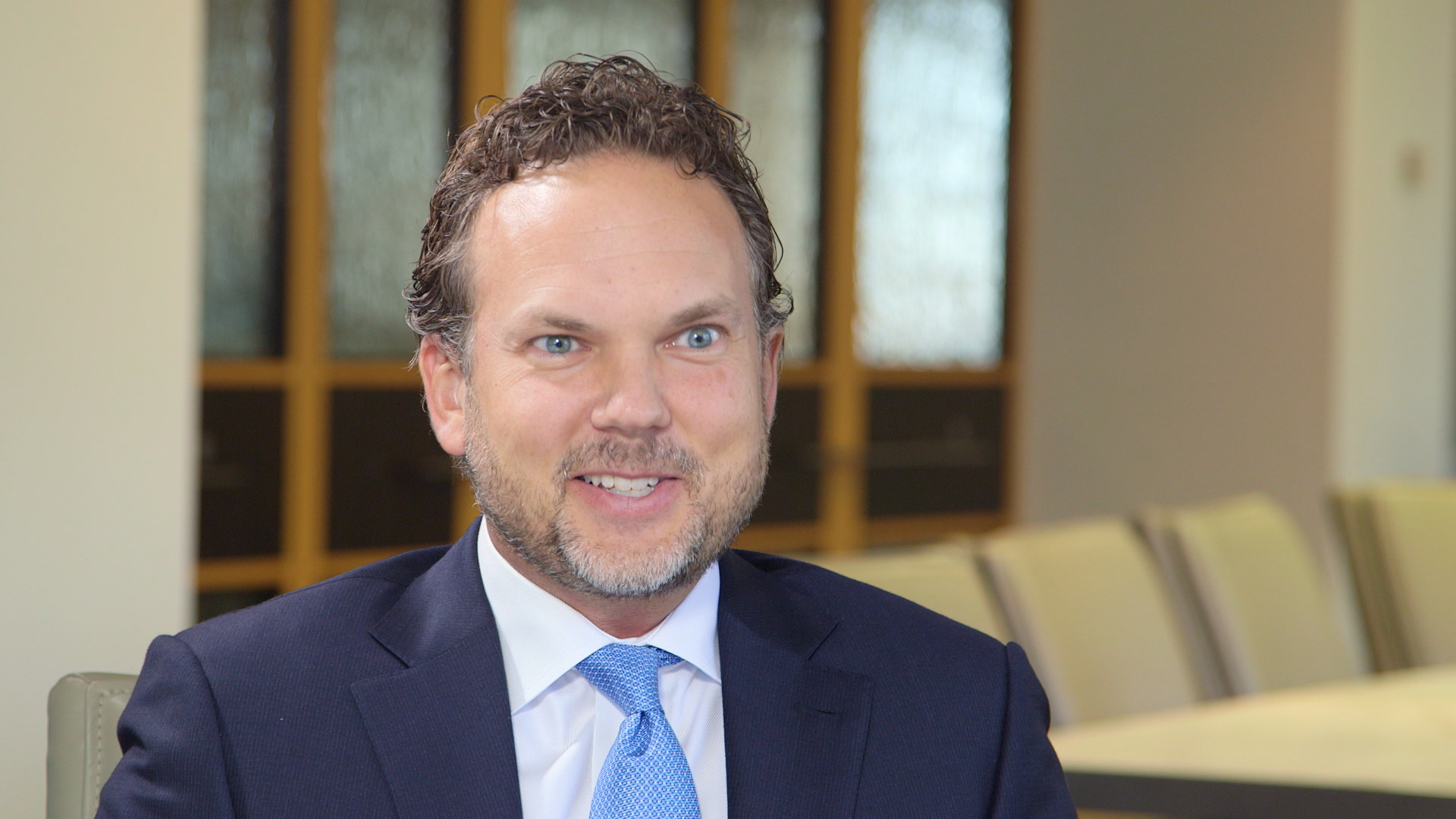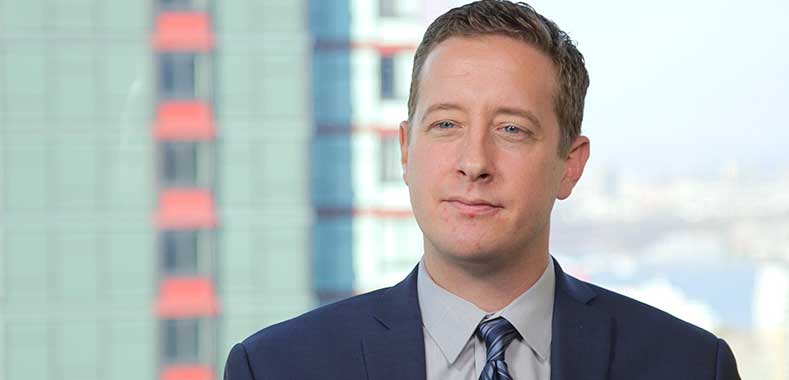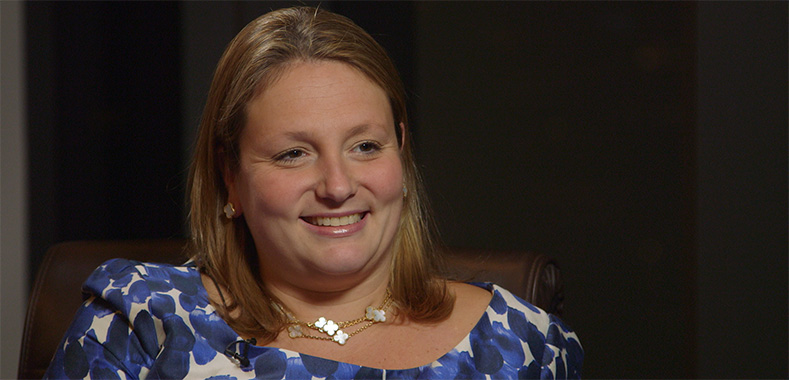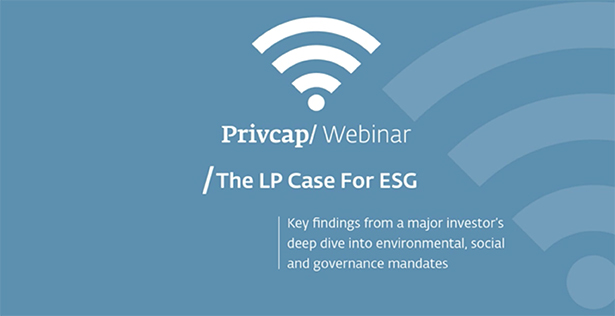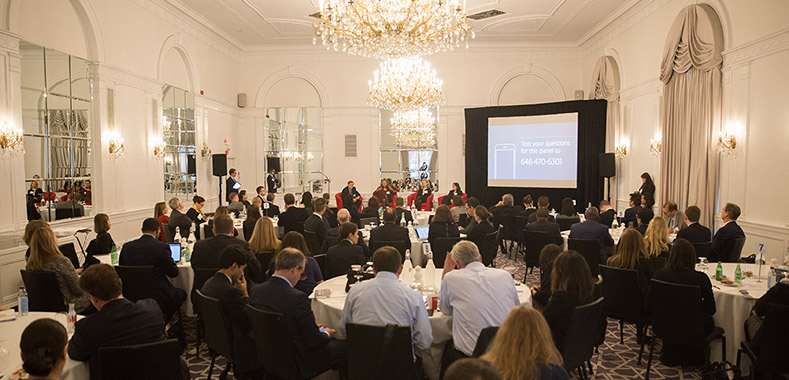Managing Portfolio Companies’ ESG Efforts
Download the article here
Four experts discuss how their firms instill ESG values into private equity investments

Alan Kao, Ramboll Environ: What sectors have you found to have the best opportunities for ESG impact, and in what sectors has ESG been more of a challenge?

Jackie Roberts, The Carlyle Group: There are certain sectors, like oil and gas and industrial in certain geographies like developing countries, where investment professionals are very sensitized to issues and they generally get a hard look in due diligence— whether it’s looking at contingent environmental liabilities or labor issues in developing countries. When I think about what sectors we can really have an impact on, there are questions that usually start with, “Where is what I call private governance really playing a role here?”
But, more often in that five-year hold period, we can really look at where are customer and competitor dynamics changing the lay of the land, both in terms of risks of falling behind or new types of risks for that sector and also where there are opportunities. We see that a lot, for example, in the consumer sector. When you have a large retailer, like Walmart, scoring on sustainability, this was all driven by different supplier relationships and buyers really driving changes.
Really a lot of HR workforce strength issues is an area where our sector can play a major difference and that’s gender diversity, racial diversity, health and safety, a whole range of issues where I think that we can really have an impact.
Kao: How do you get your arms around a large portfolio? How do you prioritize?

Lee Coker, Oak Hill Capital Partners: When I was at EDF [Environmental Defense Fund] we worked on trying to answer that question for the private equity sector broadly, and we narrowed it down to three things. One was, where the opportunity is, from an environmental impact or social impact perspective, ranking that across the portfolio. And then the business opportunities.

Elizabeth Seeger, KKR: At KKR we, early on in the process, developed a series of guidelines. Each time we’re thinking of an investment or particular industry, we’ll pull up the guide and say, “Given the geography, are these questions relevant? If not, which ones should we add?”
Roberts: I think the role of LPs in asking the hard questions about every company is really helpful to make sure [that], over time, this is disseminated throughout, and what that means is the deal professionals really have to continue to develop this capacity and be trained and learning about [ESG] and see the need to learn about it.
Kao: What are some specific examples of ESG strategies that you’ve successfully deployed?
Seeger: Two years ago, KKR Capstone hired a full time energy engineer who works solely with KKR private equity portfolio companies and real estate portfolio companies to help them think through what is the business case for resource efficiency improvements, what vendors they can use, what are some of the best practices that others are applying. And so, by providing this resource and guidance, we’re really able to drive more progress.
The other is the Responsible Sourcing Initiative, which we’ve been running with BSR as our partner since 2010. And, in that case, we’ve been going to large numbers of portfolio companies, almost 30 companies, to help them assess what are their policies and procedures related to low-cost country sourcing.
Kao: Do any of your firms tie ESG factors to compensation or other incentives for the deal teams and, if not, do you think that that’s something that will be coming in the future?
Coker: Oak Hill doesn’t tie to compensation, but people come to the investment committee knowing that, especially if it’s a business that has some really material ESG issues that need to be prepared to cancel those, or their deal is [not] going to get good treatment.
Seeger: In our case, compensation isn’t tied to any one particular KPI of any sort—ESG or not. It’s really evaluated on three criteria: commercial impact, living the firm values, and leading and managing people.
Kao: Have any of you been witness to losing a deal because you pressed a potential investment on ESG factors?
Roberts: No, but I think the reverse has been true, which is we’ve had some deals come along, which have a very strong ESG component, that have been highly sought after and we have been unable to meet the bid and have lost a deal we were really interested in because it got bid up to a level that our deal teams felt like they couldn’t match it.




